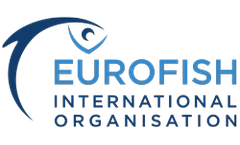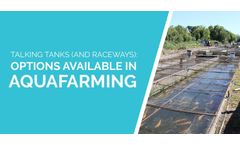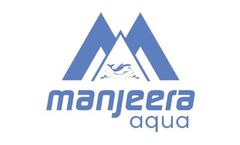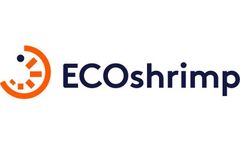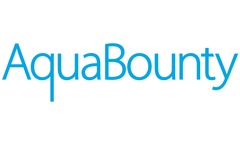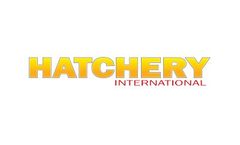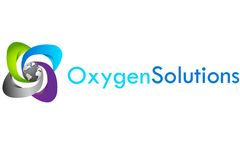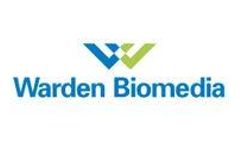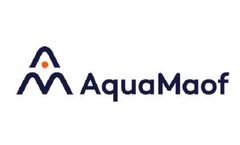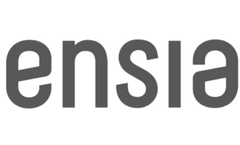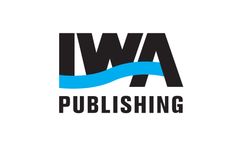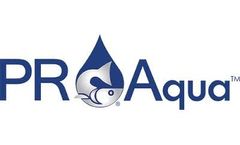Recirculating Aquaculture System Ras Articles & Analysis
19 articles found
Seeking a revolution in freshwater aquaculture This article was featured in Eurofish Magazine 3 2024 SmartAqua4FuturE (SAFE) is an ambitious project funded by Horizon Europe that aims to revolutionise freshwater aquaculture. The project seeks to make freshwater aquaculture more environmentally friendly while increasing its financial stability ...
ByEurofish
According to Natural Resources Conservation Service Conservation Practice Standard, aquaculture tanks and raceways exist to “provide a facility containing flowing water of suitable temperature and quality for dependable production of fish, to manipulate the chemical, physical and biological factors to enhance fish production and to maintain water quality.” In order to provide a ...
ByAquasend
A biofilm is an assemblage of microbial cells that’s irreversibly related to a floor and enclosed in a matrix of normally polysaccharide material. It can also additionally shape on a extensive kind of surfaces, along with residing tissues, scientific devices, commercial or potable water device pipe or herbal aquatic systems. A well-assorted organism inclusive of algae, micro organism, ...
Introduction: Recirculation Aquaculture System (RAS) is a generation in which water is recycled and reused after filtration and elimination of suspended rely and metabolites. ...
In recent years, the global market for seafood products, including fresh shrimp, has grown, alongside consumer awareness of and demand for sustainably-sourced produce. This has resulted in a shift from traditional pond culture of shrimp, to closed systems that are closer to market, feature enhanced biosecurity, have a minimal environmental impact, and result in improved shrimp production. A tale ...
Located in the eastern portion of Prince Edward Island, our Rollo Bay farm is home to a state-of-the-art R&D hatchery and 250-metric ton/year Recirculating Aquaculture System – with its first harvest expected in early ...
AI, IoT, ROV, M2M. These are some acronyms that have been hurled around in the corporate world, which in recent years have made their way to the waters of the aquaculture industry. Have you been thinking of betting your money on deploying a high-tech equipment in your hatchery facility? Here are a few pointers that can help you cut the risks associated with high-tech adoption, stack the odds in ...
The third installment in the series “Happy Fish – How Aquaculture Operators are Growing Better Fish.” This segment talks about some of the current trends and challenges in Recirculating Aquaculture Systems, also known as RAS Systems. Recirculating ...
"We know that consumers are increasingly concerned about the environmental impact of seafood production and to be sustainable”, says Chairman James McEuen, “so the future of aquaculture really has to be land-based". The farm uses the latest recirculating aquaculture system (RAS) technology, growing a ...
Inland Recirculating Aquaculture System (RAS) projects, like all large-scale projects, should be launched, developed, and executed according to an organized plan and along clearly understood stages. This helps to minimize hurdles and build a solid foundation for your RAS project. Having been involved in the ...
The increasing number of aquaculture facilities based on RAS, or Recirculating Aquaculture Systems technology, is testament to the fact that this technology is proving highly advantageous. ...
Interest in Recirculating Aquaculture System (RAS) land-based fish production technology is increasing as its benefits are becoming more widely recognized. ...
Out of all existing aquaculture methods, Recirculating Aquaculture Systems (RAS), a land-based aquaculture technology, offers significant advantages. What is a Land-Based Aquaculture System? Growing fish in land-based aquaculture ...
Fish on Land AquaBounty will raise its GE fish in land-based recirculating aquaculture systems, known as RAS — basically huge aquaria designed to minimize water use, maximize resources and accommodate high stocking densities. ...
ByEnsia
A ‘membrane-denitrification’ reactor (MDR) was developed and tested in a semi-technical recirculation aquaculture system in comparison to a double – without MDR – as reference system. The MDR consisted of a reactor with an ultrafiltration membrane unit for removal of micro-particles (e.g. sludge flocs, bacteria and parasites). Specific carrier material provided surfaces for biofilm growth in ...
The Freshwater Fisheries Society of BC developed the Nechako White Sturgeon Conservation Centre to try to prevent extinction of this endangered species. Wild caught brood fish are held in the facility until spawning is complete. Controlled family groupings of young sturgeon are hatched in McDonald jars and reared for one year, first in 0.5 m3 and 1.5m3 combi tanks, then 8 m3 tanks before release. ...
Anaerobic treatment of high salinity sludge from marine/brackish recirculation aquaculture systems is potentially limited by inhibition of enzymatic activities and cell lysis resulting from high osmotic pressures. To further address these limitations the following investigations were conducted: effect of salinity on phosphatase activity (PA), soluble microbial products (SMP) production, and ...
The K’udas Limited Partnership was formed to develop a land-based facility using Recirculation Aquaculture System (RAS) technologies as an alternative to existing net pen salmon farming methods predominantly used in British Columbia, ...
The start-up and activation of a nitrifying rotating biological contactor (RBC) and its performance inside a culture tank of rainbow trout were studied. First, in a lab-scale operation, the system was fed with a synthetic medium containing a high ammonia concentration (567 mg NH4+-N L−1) and operated at a high hydraulic retention time (HRT) (6.5 days) to minimize the wash-out of the biomass and ...

